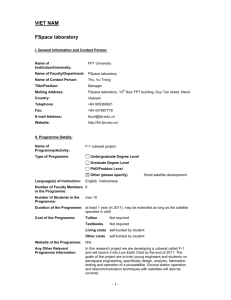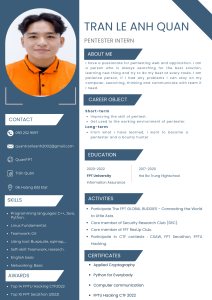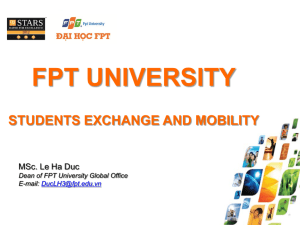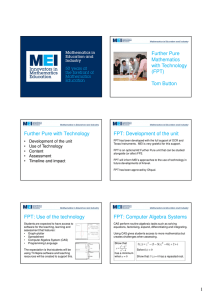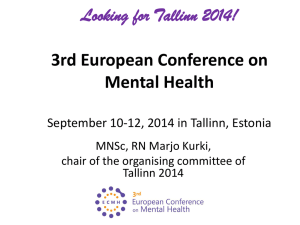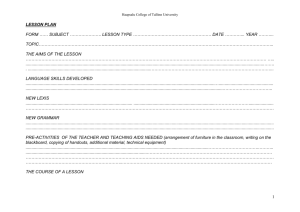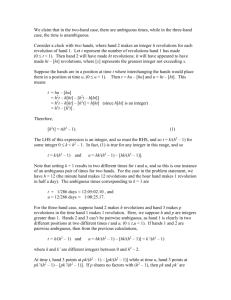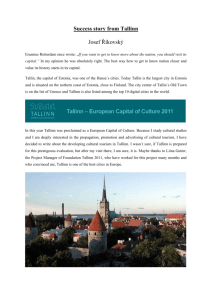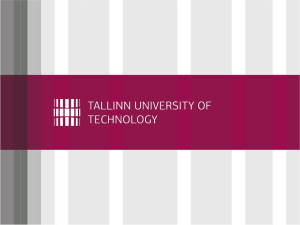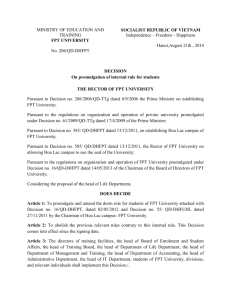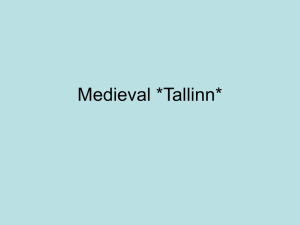Social aspects
advertisement
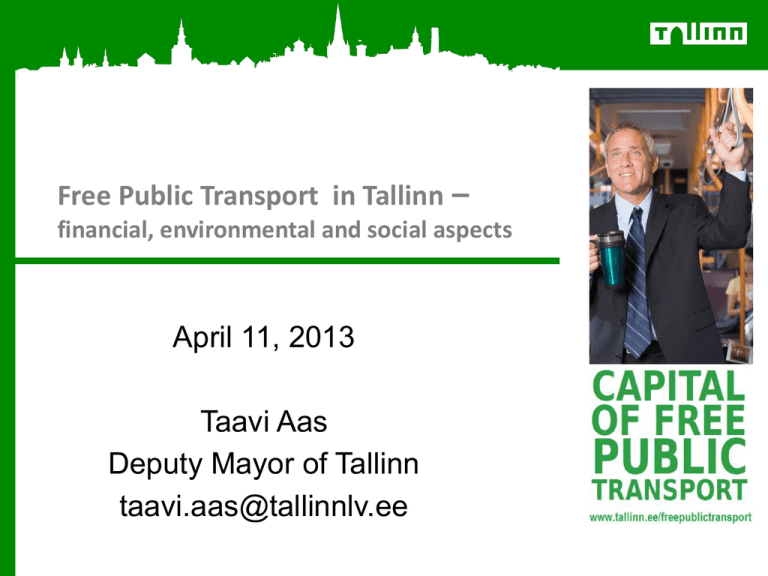
Free Public Transport in Tallinn – financial, environmental and social aspects April 11, 2013 Taavi Aas Deputy Mayor of Tallinn taavi.aas@tallinnlv.ee Basic figures Population of Tallinn 425 249 (as 01.04.13) Total number of public transport vehicles (bus, tram, trolley-bus): 480 2012 PT budget – 53 million € Total tickets revenue - 17 Mio € 5 Mio € from non-Tallinners Free PT for Tallinners costs 12 Mio € annually Why we did it? Social aspects: guaranteeing mobility for unemployed and low income residents. Using PT facilitates sharing common space for different segments of the society Economic aspects: increasing labour mobility in the city limits; stimulating consumers activity; savings from public transport are spent for local goods and services Green aspects: modal shift from cars to PT, cleaner air, less noise, more urban space Fiscal aspects: strong motivation to register place of residence, thus increasing personal income tax 2 In the beginning there was a referendum Plebiscite on free PT 19-25 March, 2012 Plebiscite informed the community and involved them in decision-making, thus locking the free PT decision politically power shift in the Council cannot change it easily. Result: Yes -75,5%, No - 24,5% 3 Preparatory steps Expanding exclusive bus lanes network in 2012 Merger of two municipal public transport companies (June 2012) City Council decision on free PT (September 2012, entered into force 1 January 2013) Implementation of new contactless card (started in 2012 September) 4 New sources of funding New residents – registered population grew since 01.01.2012 by 9105 persons (<2%) thus increasing municipal revenues from personal income tax (every 1000 residends bring ca 1 million euros) Merger of two municipal public transport companies – savings on operational costs Widening the paid parking area, raising parking tariffs 5 Initial progress report Increased frequency of bus users 21%, incl 8% of previous nonusers. New profiles of passengers on business days (see the picture), evenings and weekends. More people go out to spend free time and money. Decrease of the car traffic in the centre 15%. 6 Political progress Regardless of the strong approval by local referendum in March 2012 the shift to FPT met strong opposition in the City Council even in the autumn 2012. However after successful implementation of FPT wide political consensus emerged in the Council and no party resist FPT any more. Even national police commissioner Tarmo Miilits in uniform praised FPT for lowering the traffic casualties, suggesting to consider same measure in other cities. International networking With Aubagne (FR) and Hasselt (BE) Tallinn is initiating the European Network of Free Public Transport to bring the issue in the EU agenda. Positive initial opinions by the European Commissioner Johannes Hahn on 28 February 2013. Transport Commissioner Siim Kallas positively transforming, recent interview in Tallinn newspaper Green Capital (Roheline Pealinn). 8 Chinese interest Developing contact with City of Chengdu (China) which is testing FPT since Oct 2012 until june 2013 Metropolis with population over 14 million provides FPT in combination with severe restriction of cars Tallinn FPT was listed among 30 most deserving urban innovations in Guangzhou International Award However FPT in Guangzhou lasted only 1 day in 2010 Asian Games, China is very closely looking for Chengdu results and also for European experience Looking forward! Most of PT systems are partly subsidised in the cities and regions. Economical, environmental and social benefits of free public transport give us the courage to continue. Free Public Internet is often recognized as eveyone´s right. Now it is the turn of urban mobility. . 10 We have a dream Tallinn has the ambitious plan to be the candidate for the European Green Capital nomination for 2018. FPT is a brave step in this process. Discussions about providing free water, garbage collection etc may follow. Thank you ! www.tallinn.ee/freepublictransport 8.04.2015 Signatuur või osakond 11
